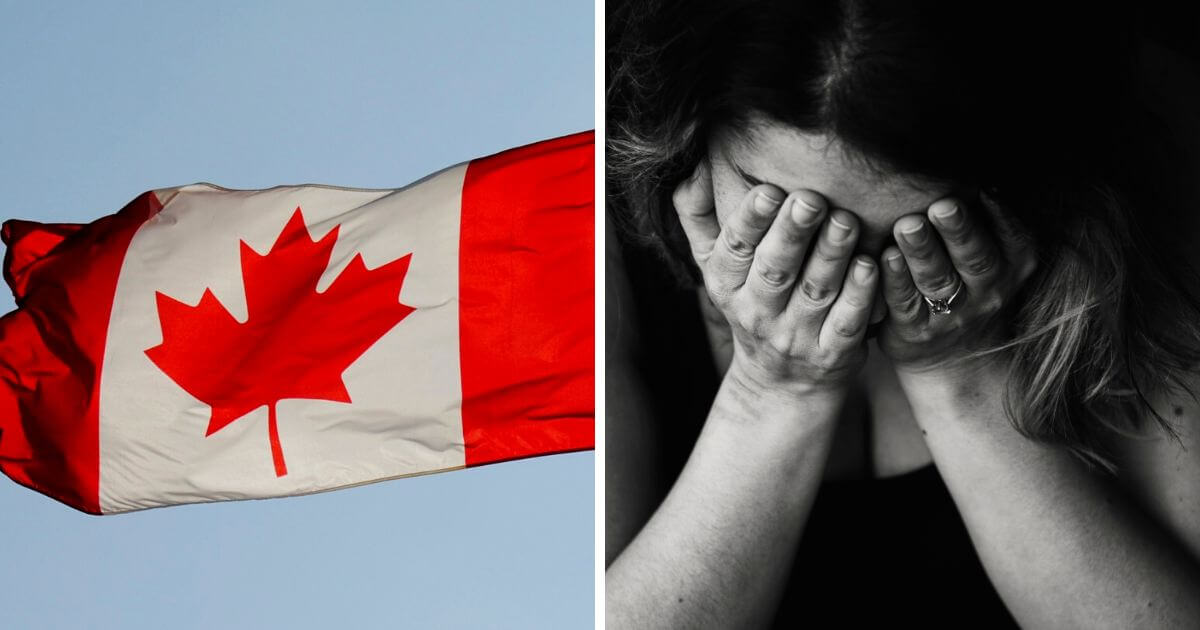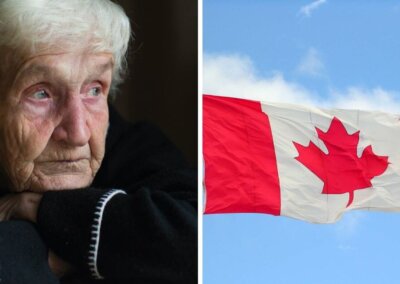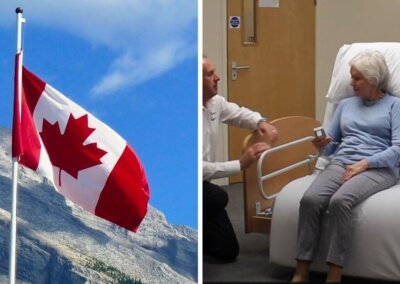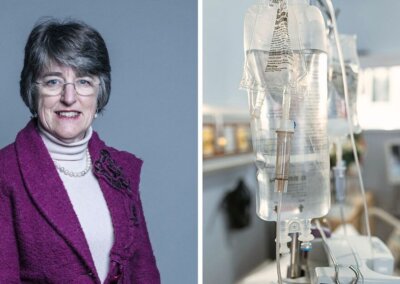A 31-year-old disabled woman in Toronto, Canada, is nearing final approval for an assisted suicide after her efforts to find housing appropriate for her disability were unsuccessful.
The woman, identified in media reports by the pseudonym Denise, suffers from multiple chemical sensitivities (MCS) where common chemicals such as cigarette smoke, air fresheners and laundry chemicals can trigger rashes, breathing difficulties and severe headaches. Since Denise has been unable to afford appropriate housing that does not aggravate her illness, she has sought to end her life by assisted suicide.
In Canada, there is no requirement that the person seeking assisted suicide needs to be terminally ill. On applying to end her life, Denise was deemed competent by a psychiatrist and her medical history was reviewed and approved by an assisted suicide provider. A second provider is now expected to approve her final documents. This includes a power of attorney, funeral arrangements, and a DNR (Do Not Resuscitate) order.
She told the Canadian broadcaster CTV that she was unable to find affordable housing with reduced smoke and chemical exposure. She said: “None of them were able to do anything meaningful in terms of getting me relocated, getting the discretionary emergency, or temporary housing and emergency funds”.
“I’ve applied for [assisted suicide] essentially … because of abject poverty”.
It’s easier to get assistance in suicide than assistance with housing
Dr. Riina Bray, medical director of the Environmental Health Clinic at Women’s College Hospital in Toronto and one of Denise’s physicians, said Denise requires “immediate relocation for her safety”.
Dr. Bray was shocked that none of the doctors involved in the assisted suicide application contacted her to learn about the efforts to help Denise find housing first. “They’re easily fixable situations”, said Dr. Bray.
When she is able to stay at a wheelchair-accessible hotel located near a ravine with clean air using funds raised by friends and supporters, Denise’s symptoms improve greatly. However, as she explained: “Stays are paid for with donations and are limited in length by how much funds are available […] It is an emergency ‘solution’ and absolutely not sustainable”.
There are reports of other instances of people living with chronic but manageable conditions seeking assisted suicide because they are unable to get the services they need.
Expanding euthanasia law
Euthanasia has been legal in Canada since 2016. In 2019, however, following the euthanising of Alan Nichols, a former school caretaker who was physically healthy but struggled with depression, the legal requirement that a person be terminally ill before administration of euthanasia was dropped.
The Second Annual Report on Medical Assistance in Dying in Canada 2020 states that euthanasia and assisted suicide deaths account for 2.5% of all deaths in Canada.
Bill C-7, which the Canadian Parliament passed in March 2021, further extended euthanasia legislation to people with disabilities and those with mental health issues, over the age of eighteen.
In 2018, Roger Foley, a man with a chronic neurological disease, recorded hospital staff offering him an assisted suicide despite him being clear that he wanted assistance to live at home and not to end his life.
In 2020, an elderly woman in Canada was euthanised to avoid having to live through another COVID-19 lockdown.
Right To Life UK spokesperson, Catherine Robinson, said: “In jurisdictions in which assisted suicide and euthanasia are available, the temptation to provide this kind of death for citizens is too great to resist. After all, from the perspective of the state, it can be cheaper to end the life of a citizen than it is to provide for their continued living. This seems to be exactly what is happening with Denise and in Canada more generally”.
“It is tragic that Denise feels she must take her own life and worse still that the state is happy to help her in doing so rather than assist her to live. Such cases should serve as a warning to other jurisdictions considering adopting the same anti-human policies”.











